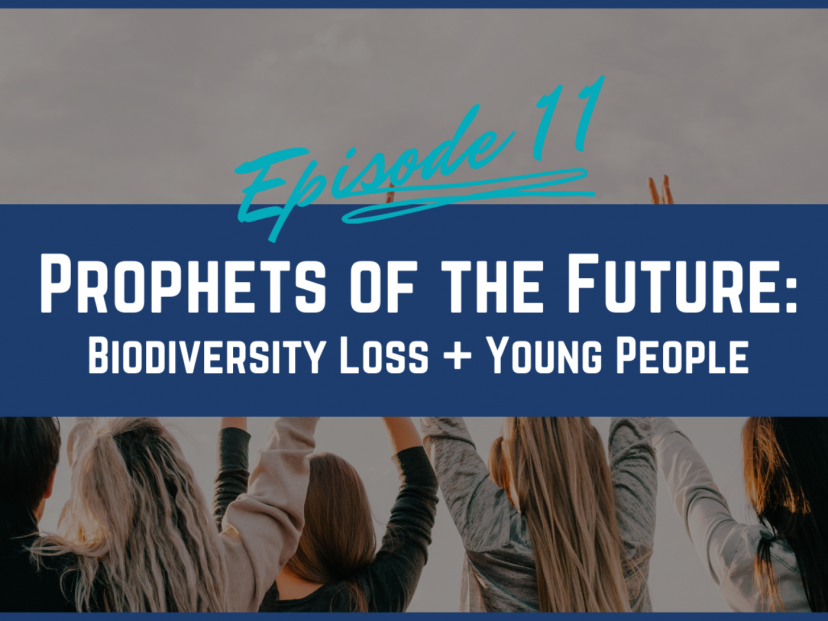If we want to solve the world’s ecological crisis, we have to listen to young people. Decisions must be made with their input, because it will be their generations who will be facing the worst consequences of this crisis.
In his encyclical letter on the environment, Laudato Si’, Pope Francis writes: “the notion of the common good also extends to future generations. The global economic crises have made painfully obvious the detrimental effects of disregarding our common destiny, which cannot exclude those who come after us. We can no longer speak of sustainable development apart from intergenerational solidarity” (LS #159).
 Across the world, young people are raising their voices to make it clear that caring for our common home is a major concern for them. Given scientific reports and planetary trends, they’re being frank about their anxieties for the future: what will the world look like in the coming decades? Will it be hospitable enough for them to build thriving lives? Is it responsible for them to bring children into this world?
Across the world, young people are raising their voices to make it clear that caring for our common home is a major concern for them. Given scientific reports and planetary trends, they’re being frank about their anxieties for the future: what will the world look like in the coming decades? Will it be hospitable enough for them to build thriving lives? Is it responsible for them to bring children into this world?
Research into the growing rates of “ecological grief” make it clear that the destruction of the web of life is having a profound impact on young people’s mental health and overall happiness.
 Older generations have a responsibility to steward the earth so that it can be passed down to those that come after them. They also have a responsibility to listen to the perspective and the experience of young people, keeping in mind St Benedict’s maxim that “it is often to a young person that the Lord reveals what is best.” (Rule of St Benedict III)
Older generations have a responsibility to steward the earth so that it can be passed down to those that come after them. They also have a responsibility to listen to the perspective and the experience of young people, keeping in mind St Benedict’s maxim that “it is often to a young person that the Lord reveals what is best.” (Rule of St Benedict III)
If we want to solve the world’s ecological crisis, we have to listen to young people. Watch this Episode in which Fr Kurt Zion Pala and three young adults from the Columban network speak about the impact of the ecological crisis on them:

